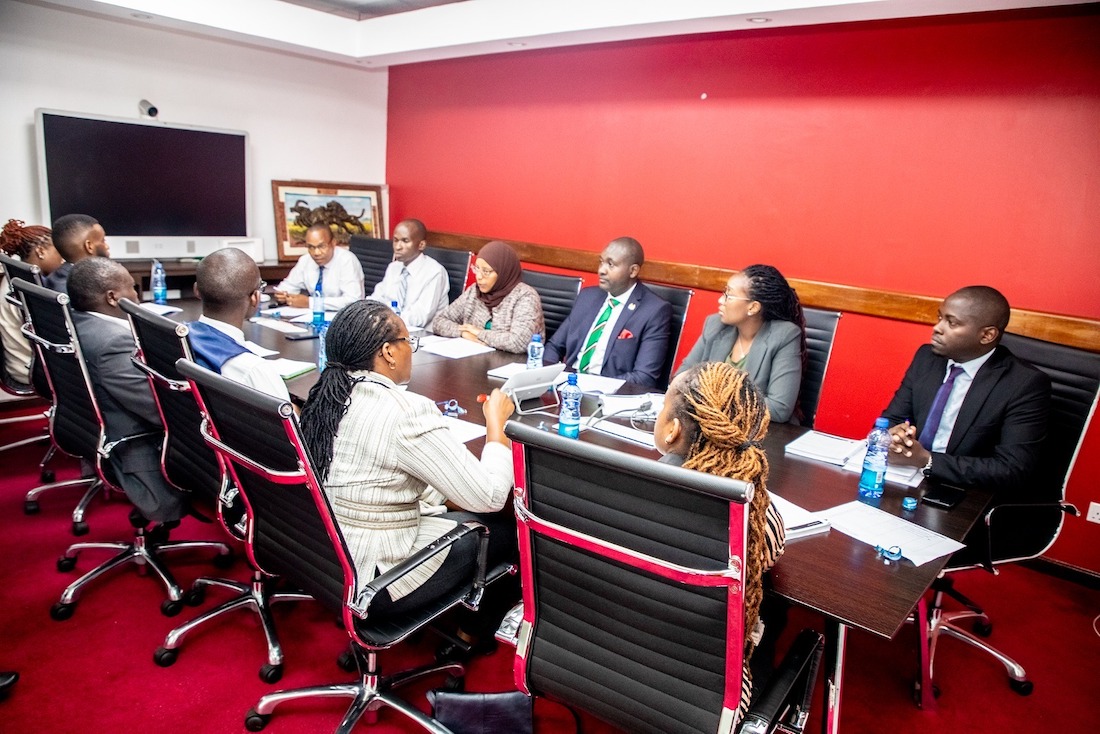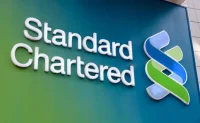A few years ago when the concept of diversity, equity and inclusion (DEI) was floated by HR thought leaders, many organisations were enthusiastic to jump onto the bandwagon. The idea was perceived as an essential aspect of creating a fair and equitable workplace. Organisations embarked on introducing DEI programmes as if they were competing for awards. Little did they know that building diverse and inclusive work environments was not a walk in the park. Here are five major challenges they confronted and strategies to overcome them.
Sociocultural Barriers
One of the primary challenges in promoting DEI is our unspoken deep-rooted sociocultural norms and values that influence workplace dynamics. Love it or hate it, we are a diverse society, with more than 40 communities, each having distinct traditions, languages, and social structures. These differences can sometimes lead to unconscious mistrust, stereotyping, and discrimination in the workplace.
To overcome sociocultural barriers, organisations require a multi-faceted approach. First, they must acknowledge the cultural diversity and history of our country and educate their employees about the value of embracing different perspectives and experiences. Cross-cultural training programmes should be developed to help employees gain insights into other cultures and foster empathy and understanding. Organisations need to intentionally create and implement inclusive policies and initiatives that actively celebrate diversity and discourage discriminatory behaviours. How about an annual cultural day for employees to showcase their cultures?
Gender Inequality
Gender inequality is another significant challenge facing the implementation of DEI in the workplace. It has become a song whose chorus has gone stale. While progress has been made in recent years, women continue to face barriers to advancement and representation in leadership roles. It is unthinkable that in the 21st century and after about 60 years of independence, still traditional gender roles and societal expectations are limiting women’s opportunities for professional development and growth.
>> Seven Reasons For HR Professionals To Seeking Global Jobs
Employers need to prioritise and address gender inequality through innovative gender diversity initiatives such as an annual women’s week. Organisations should establish clear policies against gender-based discrimination, which are openly implemented and rewarded. It is now or never to encourage mentorship and coaching programmes that help women in the workplace to access support and guidance enhancing their career prospects. To stand and be counted, organisations should provide flexible work arrangements to support work-life balance for both men and women. This will reduce gender biases.
Educational Disparities
Educational disparities pose a significant challenge in promoting DEI at the workplace. Access to quality education varies across the country with people from marginalised communities facing barriers to accessing higher education and skill development opportunities. This results in an uneven talent pool, with certain groups being underrepresented in professional settings.
Organisations can address educational disparities, through collaborating with NGOs and Government initiatives to support educational programmes in underprivileged communities. In addition, they can establish scholarship programmes or internships to provide opportunities for talented individuals from diverse backgrounds. Employers who invest in training and development programmes can bridge the skill gap and provide a level playing field for all employees.
Lack of Data and Metrics
Reliable data and metrics on DEI in workplaces is scanty or nonexistent. This scenario hinders efforts to assess progress and identify areas of improvement in ongoing programmes. Moreover, many organisations do not collect comprehensive demographic data or conduct regular DEI audits. This makes it difficult to gauge the effectiveness of their DEI initiatives.
Organisations need to prioritise DEI data collection and analysis. They can start by conducting voluntary surveys to gather demographic information from their employees while ensuring anonymity and confidentiality. Regular audits and tracking of key DEI metrics will provide valuable insights into the organisation’s progress and enable data-driven decision-making. Transparent reporting on DEI initiatives can also foster accountability and commitment to change.
Leadership Commitment and Buy-In
The success of DEI initiatives in workplaces heavily relies on the commitment and buy-in from top leadership. Without active support from leadership, DEI efforts may lack resources and face resistance from those who are reluctant to change.
>> Challenges HR Professionals Face In The Great Lakes Region
To foster corporate leadership commitment, organisations need to communicate the business case for DEI clearly. CEOs should understand that a diverse and inclusive workforce drives innovation, enhances employee morale, and contributes to long-term organisational success.
HR is on the spot to promote training sessions for leadership on DEI best practices. This can help create awareness and align top management with the organisation’s DEI goals. In addition, when employees from diverse backgrounds are appointed to key positions, a strong message is conveyed about the organisation’s commitment to promoting DEI.
The writer is HRD Consultant and Author of Transition into Retirement; [email protected]













Leave a comment